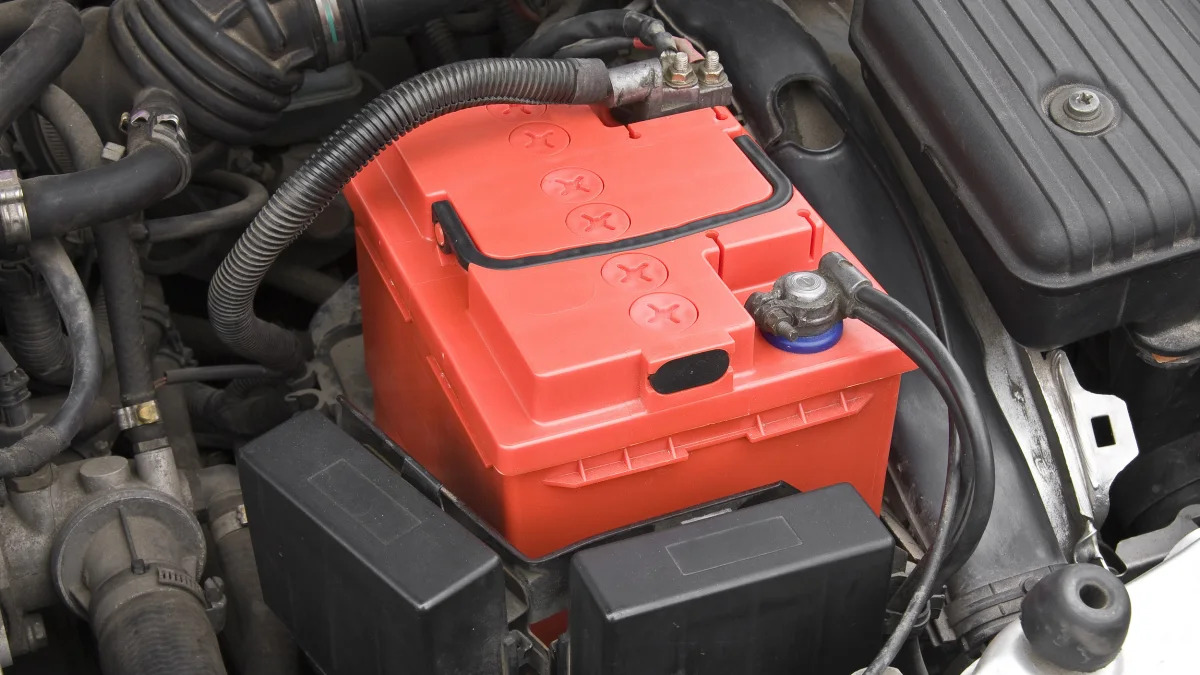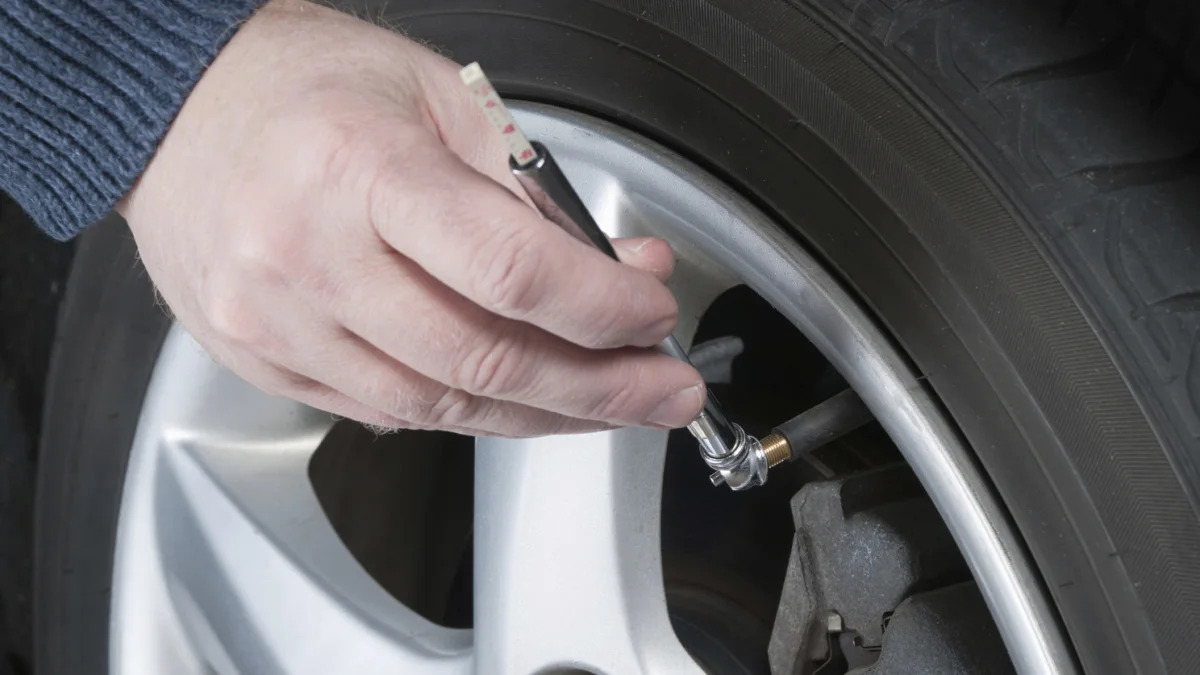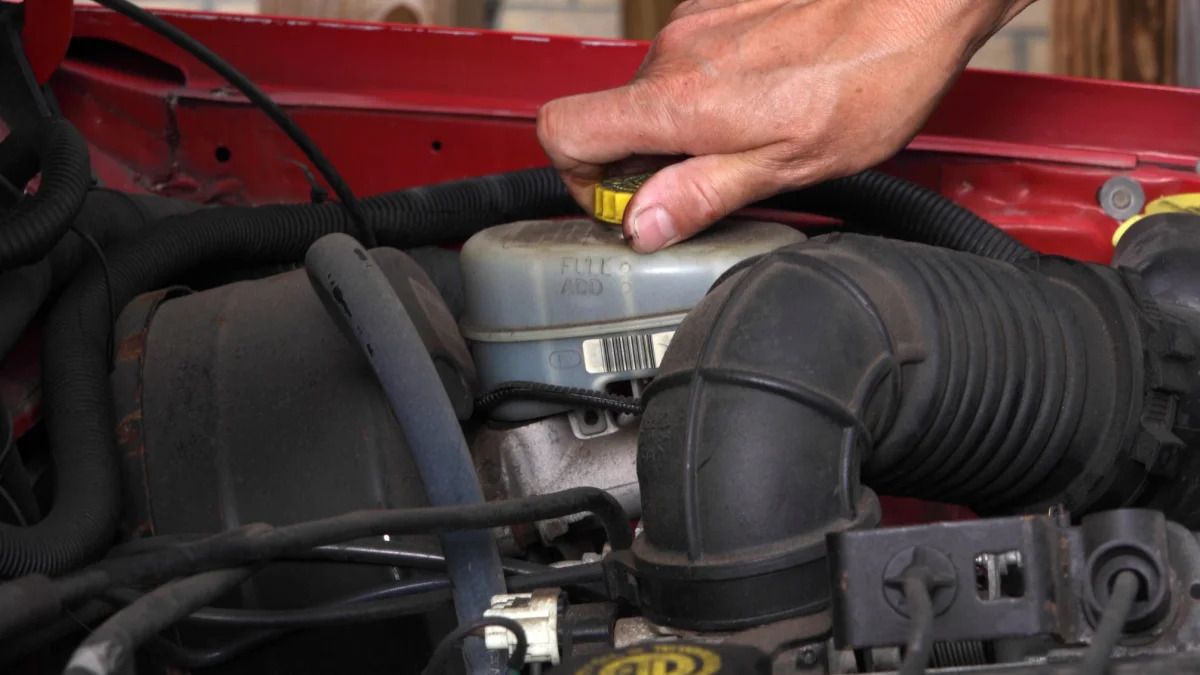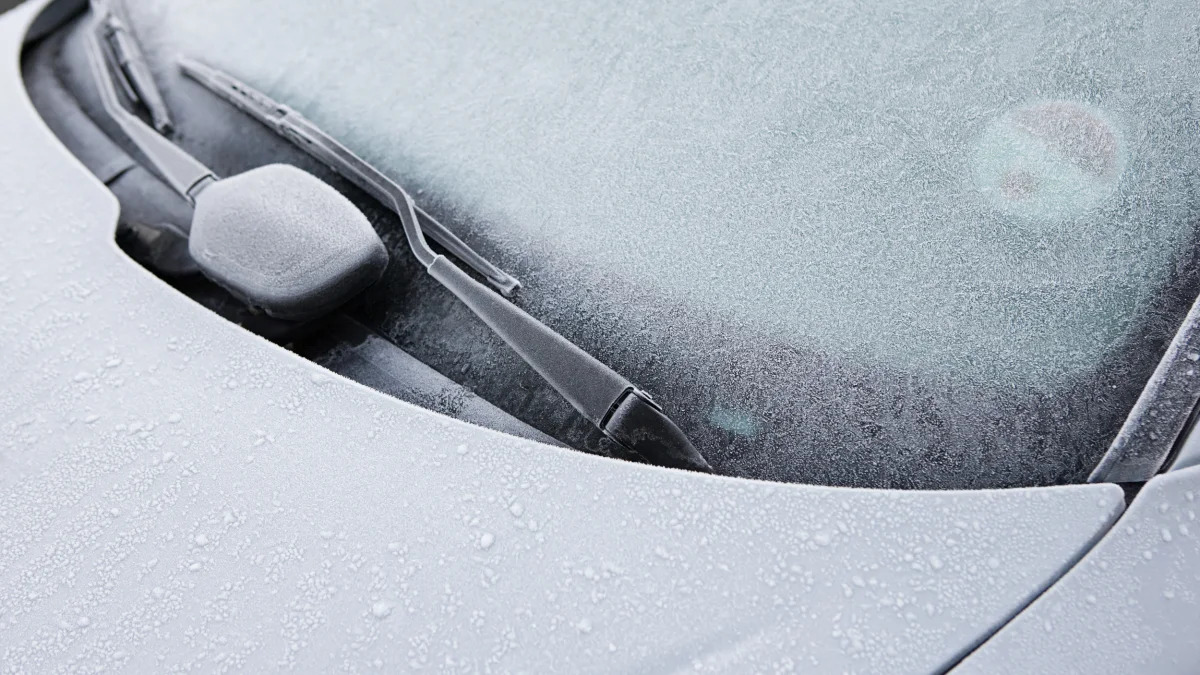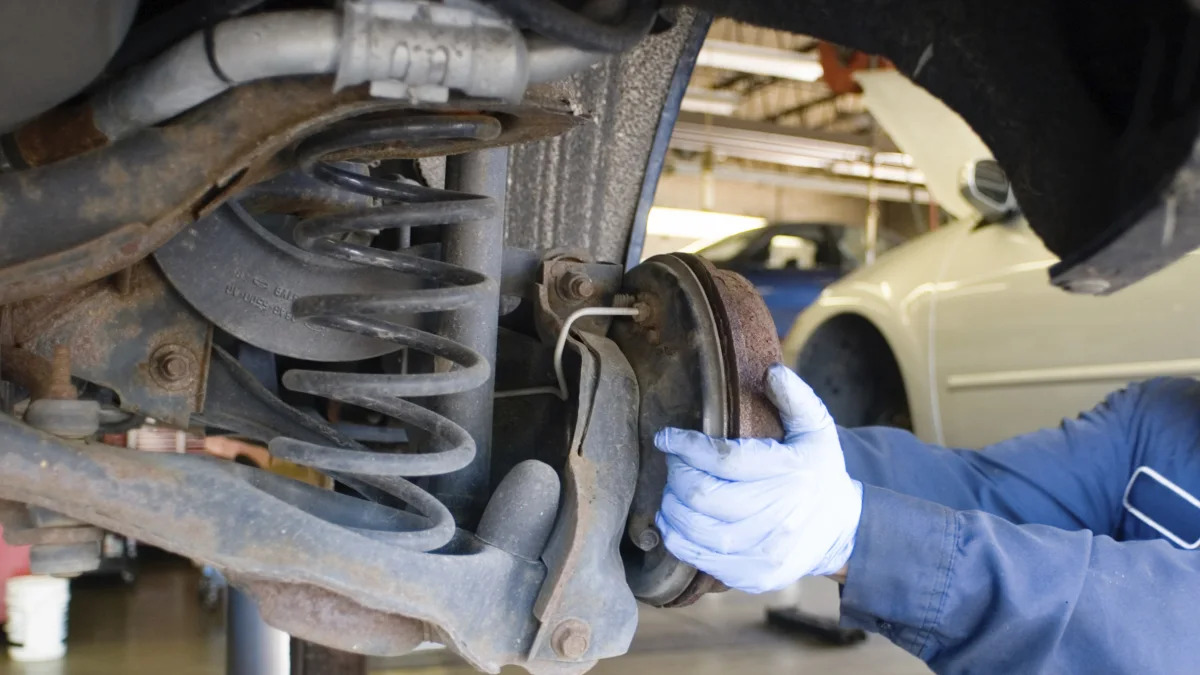Protecting Your Car From The Cold

-
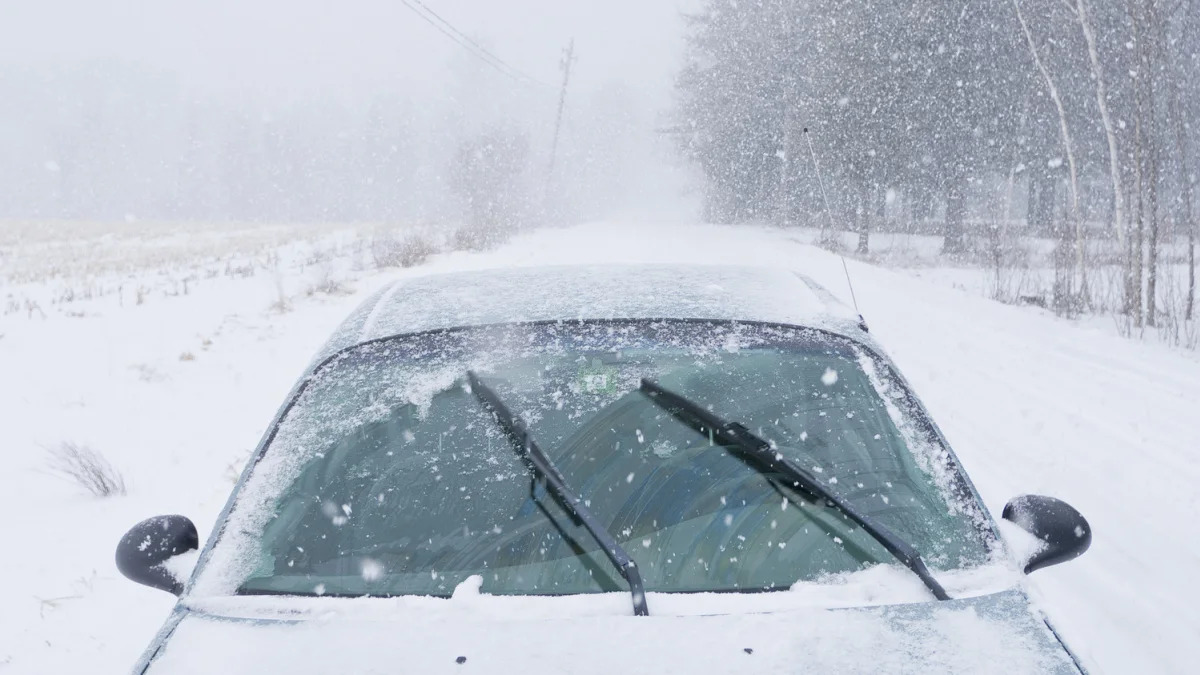
- Image Credit: Getty Images
It's only November, and there's already a polar vortex heading for the east coast and a couple of feet of snow blanketing parts of the midwest. Winter is ready to make a grand entrance. Such wacky weather has reminded us of the importance of winter car prep.
With a couple months of snow ahead, it's important to keep in mind the ways in which extreme cold can harm your vehicle.
We recently spoke with Pep Boys and they gave us five quick tips for protecting your car against the winter elements. Head on through to see how you can help your ride survive the worst of winter. -
- Image Credit: Getty Images
Check Your Battery
The battery is the part of the car that generally has the most issues when the mercury starts to drop. In fact, your car's battery loses about half of its starting power at 0 degrees.
If your car is going to sit for an entire 24-hour period during times of cold weather, it's a good idea to start the engine up and let it run for 15-20 minutes to ensure that the battery stays charged. This way, you won't find yourself stranded with a dead battery when you need to get somewhere.
Pep Boys also said if your battery is five or more years old, it should be replaced before it dies. -
- Image Credit: Getty Images
Check Your Tire Pressure
For every 10-degree drop in the outside temperature, your tires lose about a pound of air pressure. You should check your tires often during the winter and add air as needed. Filling them is quick and easy, and can be done at many gas stations.
Under-inflated tires can be a serious safety hazard, especially when the roads are slick, as they impair your car's braking and handling abilities. Tires with low inflation levels (psi) can also be a detriment to your fuel economy. -
- Image Credit: Getty Images
Check Your Fluids
-
- Image Credit: Getty Images
Protect Your Windshield Wipers
-
- Image Credit: Getty Images
Replace Worn Brakes
Obviously, you'll want your brakes to be in good condition when the roads are slick and icy. Driving on worn brakes can drastically increase your odds of having a collision when the roads are bad.
If you hear high-pitched squeaking when you apply the brakes, it's time to have them inspected and, if necessary, replaced.
